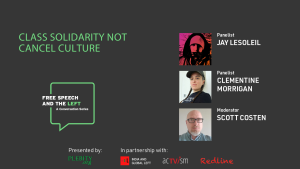Adam Coleman joins me for an interview about his new book, Black Victim To Black Victor, his ideas about culture, politics, and the current narrative around race and victimization in America.
Buy Adam’s book here: https://www.amazon.com/Black-Victim-Victor-Identifying-ideologies/dp/B0915JT4XD
Follow him on twitter: https://twitter.com/wrong_speak
And check out his website: https://wrongspeak.net/



